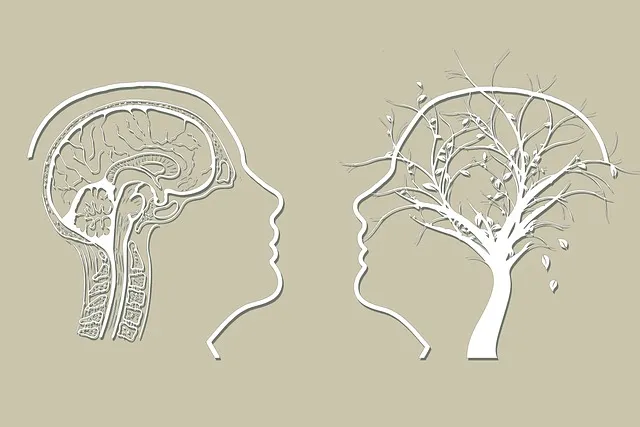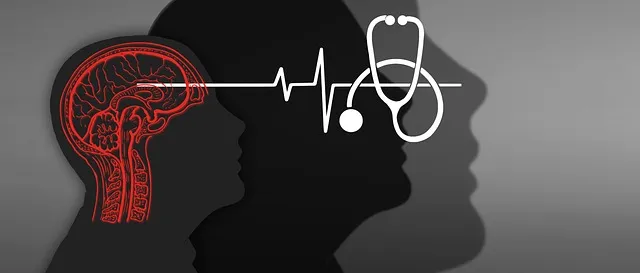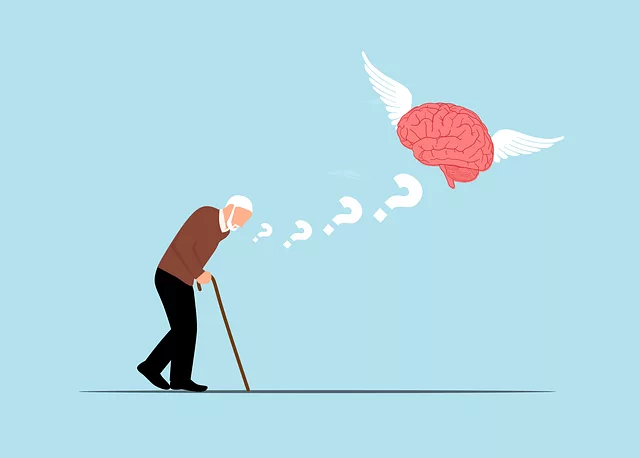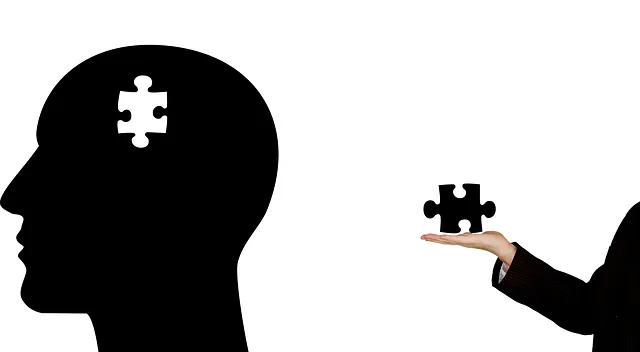Kaiser Permanente behavioral health services in Parker offer Social Skills Training, a holistic approach combining traditional therapy with mindfulness techniques. This program teaches practical social skills, enhances well-being, and fosters mental health recovery through interactive workshops, role-playing, and group discussions. Regular attendance builds rapport and strengthens learned strategies, empowering individuals to manage stress, improve communication, and advocate for mental health policies.
Social skills training is a powerful tool for individuals with mental health conditions, offering a unique approach to enhancing social interactions and overall well-being. This article explores the benefits of such training, especially within the context of Kaiser Permanente’s behavioral health services, known for its innovative practices. We delve into Parker’s method, highlighting effective strategies for success in group settings. By understanding these techniques, individuals can navigate social situations with newfound confidence.
- Understanding Social Skills Training for Mental Health
- Kaiser Permanente Behavioral Health Services Overview
- Parker's Approach to Integrating Social Skills Training
- Effective Strategies for Success in Social Skills Groups
Understanding Social Skills Training for Mental Health

Social Skills Training for Mental Health conditions plays a pivotal role in enhancing the quality of life for individuals struggling with various challenges. Offered by renowned healthcare providers like Kaiser Permanente behavioral health services, Parker, this training goes beyond traditional therapy. It focuses on empowering individuals to navigate social situations with confidence and ease, fostering meaningful connections and improving overall well-being.
This approach typically involves learning practical strategies for effective communication, recognizing and managing social cues, and developing a robust self-care routine (a crucial aspect of Self-Care Routine Development for Better Mental Health). Mental Health Education Programs Design often incorporate techniques such as mindfulness meditation to promote calmness in social settings, making it easier for individuals to engage and connect with others. By integrating these skills, individuals can actively contribute to their recovery journey and cultivate a supportive network, ultimately enhancing their mental health and resilience.
Kaiser Permanente Behavioral Health Services Overview

Kaiser Permanente Behavioral Health Services offers a comprehensive array of support tailored to individuals navigating mental health challenges. With a focus on holistic well-being, their services in Parker and beyond cater to diverse needs. Beyond traditional therapy, they foster self-care routine development for better mental health through various programs.
These include Mental Wellness Coaching Programs designed to empower individuals with tools for managing stress and cultivating resilience. Additionally, their team designs and implements Mental Health Education Programs that promote understanding and destigmatization, fostering a supportive environment for recovery. By integrating these innovative approaches, Kaiser Permanente Behavioral Health Services aims to enhance mental wellness and improve the lives of those they serve.
Parker's Approach to Integrating Social Skills Training

Parker’s Approach to Integrating Social Skills Training is a comprehensive method that has gained recognition within Kaiser Permanente behavioral health services. This innovative strategy recognizes the intimate link between social abilities and mental wellness, aiming to empower individuals with effective self-care practices. By combining traditional therapy techniques with real-world simulations, Parker offers a unique learning experience tailored to each client’s needs.
The program focuses on teaching practical social skills that are essential for navigating daily interactions and building supportive relationships. Through interactive workshops and role-playing scenarios, participants learn to communicate assertively, interpret social cues, and manage emotional responses in various settings. This holistic approach not only enhances social confidence but also fosters a sense of belonging and encourages active engagement in mental wellness podcast series production, ultimately contributing to improved overall well-being.
Effective Strategies for Success in Social Skills Groups

Participating in social skills groups can be transformative for individuals navigating mental health conditions. To maximize the benefits, members should actively engage with facilitators and peers by sharing experiences openly, asking questions, and actively listening to others. Regular attendance is key; consistency helps build rapport and reinforces learned strategies.
At Kaiser Permanente behavioral health services Parker, we emphasize evidence-based practices tailored to diverse needs. Our approach includes interactive exercises, role-playing scenarios, and group discussions facilitated by trained professionals. By combining these methods with a supportive environment, we empower individuals to develop inner strength through effective communication, stress management workshops organization, and mental health policy analysis and advocacy.
Social skills training, as integral components of comprehensive mental health care, offer individuals valuable tools for improving their interactions and overall well-being. As demonstrated by Kaiser Permanente behavioral health services and Parker’s innovative approach, integrating these programs into treatment plans can lead to significant improvements. By employing effective strategies within group settings, individuals with various mental health conditions can develop essential social competencies, fostering better relationships and enhancing their quality of life. This evidence-based practice, showcased by the success of both Kaiser Permanente and Parker, is a promising game changer in navigating and overcoming challenges related to mental health.






